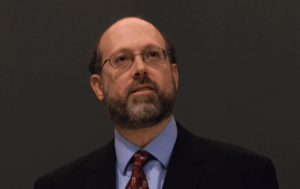Philip Hamburger
Philip Hamburger
Chief Executive Officer
Philip Hamburger is a scholar of constitutional law and its history at Columbia Law School. He received his bachelor’s degree from Princeton University and his J.D. from Yale Law School. Before coming to Columbia, he was the John P. Wilson Professor at the University of Chicago Law School. He also taught at George Washington University Law School, Northwestern Law School, University of Virginia Law School, and the University of Connecticut Law School. Professor Hamburger’s contributions are unrivaled by any U.S. legal scholar in driving the national conversations on the First Amendment and the separation of church and state and on administrative power. His work on administrative power has been celebrated by organizations like the Manhattan Institute and the Bradley Foundation, among others.


